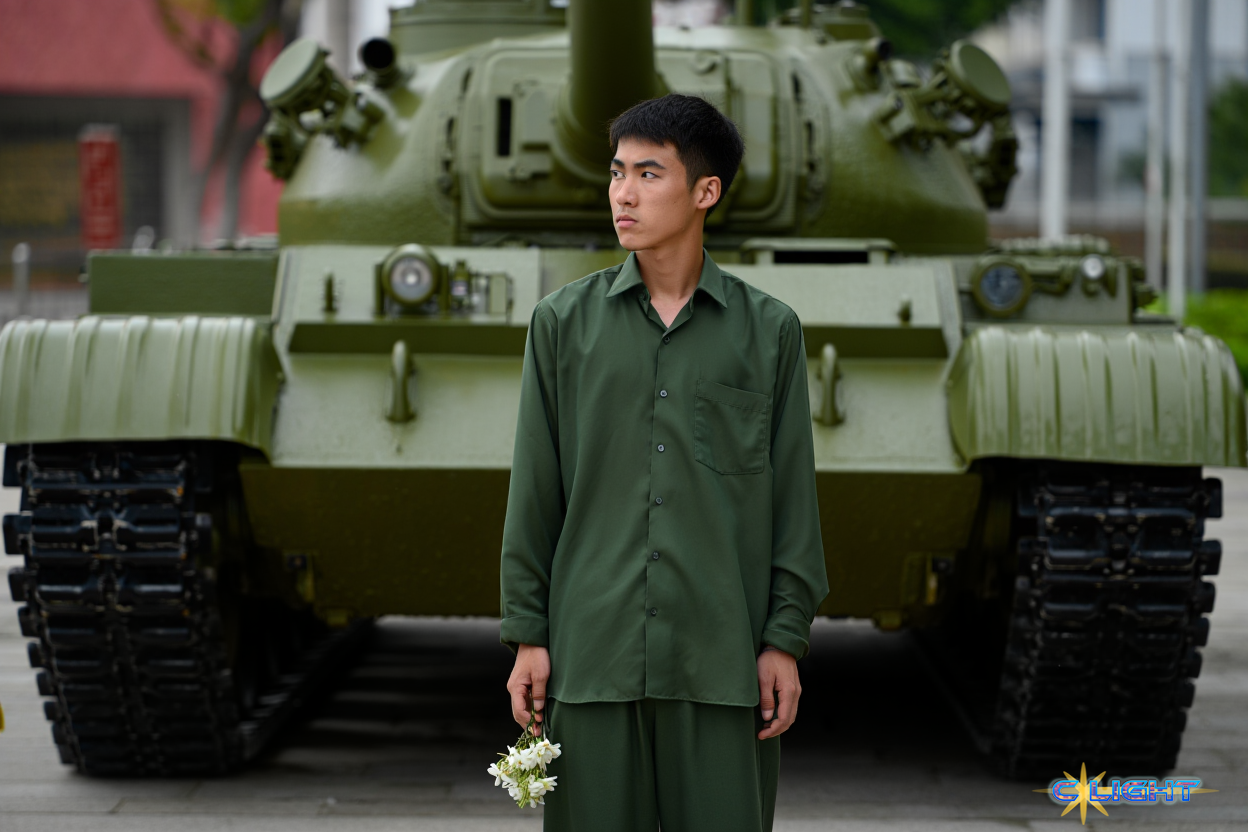Thirty-six years after Chinese troops opened fire on pro-democracy demonstrators in and around Beijing’s Tiananmen Square, the global contest over memory and truth rages with undiminished intensity. As the Chinese Communist Party (CCP) redoubles its efforts to scrub the June 4, 1989, massacre from domestic history, a chorus of international voices, activists, survivors, and the steadfast Tiananmen Mothers insist: the world will never forget.
On June 3-4, 1989, a student-led movement calling for democratic reforms was brutally crushed by the People’s Liberation Army. While China has never released an official death toll, rights groups and witnesses estimate hundreds, possibly thousands, were killed. Beijing officially refers to the event as “political turmoil” and asserts that its subsequent economic development validates the decisions made. Chinese Foreign Ministry spokesperson Lin Jian recently reiterated that the government “has long since come to the clear conclusion” about the events, framing the country’s current path as “the choice of history and the people.”
An increasingly sophisticated censorship apparatus maintains this official narrative. Security around Tiananmen Square itself is exceptionally tight on the anniversary, with checkpoints, ID verifications, and a ban on photography. Online discussion is nonexistent, scrubbed by censors. “The CCP actively tries to censor the facts,” stated Marco Rubio, identified in multiple reports as the U.S. Secretary of State or top diplomat, in a widely circulated comment, “but the world will never forget.” These remarks drew a sharp rebuke from Beijing, which accused Rubio of “maliciously distorting the facts of history” and interfering in China’s internal affairs.
The heavy hand of erasure has fallen particularly hard on Hong Kong. Once the only place on Chinese soil where large-scale public commemorations occurred, the city’s annual Victoria Park candlelight vigil, which drew tens of thousands, has been banned since Beijing imposed a sweeping national security law in 2020. This year, hundreds of police officers patrolled the park, now the site of a government-sponsored food carnival. Activists reported being called, followed, and warned by police. Performance artist Chan Mei-tung was stopped and searched, and later escorted away, for simply standing on a road chewing gum. Derek Chu, owner of a pro-democracy shop displaying candles, defiantly stated, “I don’t think commentating on June 4th is illegal.” Jailed vigil organizer Chow Hang-tung staged a 36-hour hunger strike, while other former lawmakers found subtle ways to mark the day online. “You know, Hong Kongers have become silent lambs after 2019,” one resident, King Ng, lamented to AP.

Despite the pressure, voices of remembrance persist. The Tiananmen Mothers, a group of aging relatives of the victims, issued their annual appeal, signed by 108 members, demanding an independent investigation, a list of the dead, compensation, and accountability. Zhang Xianling, an 88-year-old founding member whose son was killed, spoke of living under constant surveillance: “I don’t know why they are so afraid of me… Am I that scary?” In a recent video message, she emphasized the current government’s responsibility to “respond to and address the Tiananmen Massacre.”
Beyond China’s borders, commemorations were planned in over 30 cities. However, the CCP’s reach extends globally. A report by Article 19 highlighted a “systematic international campaign of transnational repression” targeting critics, particularly Uyghurs, Tibetans, and Hongkongers. This includes surveillance, threats, and retaliation against family members still in China. Even artistic memorials, like the “Pillar of Shame” statue, have faced suppression, with the original removed from Hong Kong University and a replica vandalized in Taipei.
Taiwan, the self-governing island claimed by China, stands as a beacon for remembrance. President Lai Ching-te, in a Facebook post, praised the bravery of the 1989 protesters. “Authoritarian governments often choose to silence and forget history, while democratic societies choose to preserve the truth and refuse to forget those who gave their lives – and their dreams – to the idea of human rights,” Lai stated, positioning Taiwan on the frontline of defending democracy.
Other nations also marked the anniversary. The Canadian and German Embassies in Beijing displayed images of candles. The British and Canadian consulates in Hong Kong posted messages about not forgetting. Australia’s Consul-General to Hong Kong and Macau, Gareth Williams, stated, “On this day, we join communities around the world to remember the loss of life at Tiananmen Square.”

Li Xiaoming, a former PLA soldier who participated in the crackdown and now lives in Australia, offered a chilling insight into the CCP’s takeaway from 1989: “the need for strict control – eliminating any sign of unrest early on, controlling and blocking public opinion, and brainwashing… They work to crush all instability at the earliest stage.”
As the 36th anniversary passes, the events of Tiananmen Square are not merely a historical footnote but a living testament to the human spirit’s yearning for freedom and the lengths to which authoritarian power will go to suppress it. The global insistence on remembering serves as both a memorial to the fallen and a continued challenge to a regime built on enforced amnesia. The world, it seems, is determined to hold onto the truth that China so desperately wants to bury.
Discover more from Clight Morning Analysis
Subscribe to get the latest posts sent to your email.










